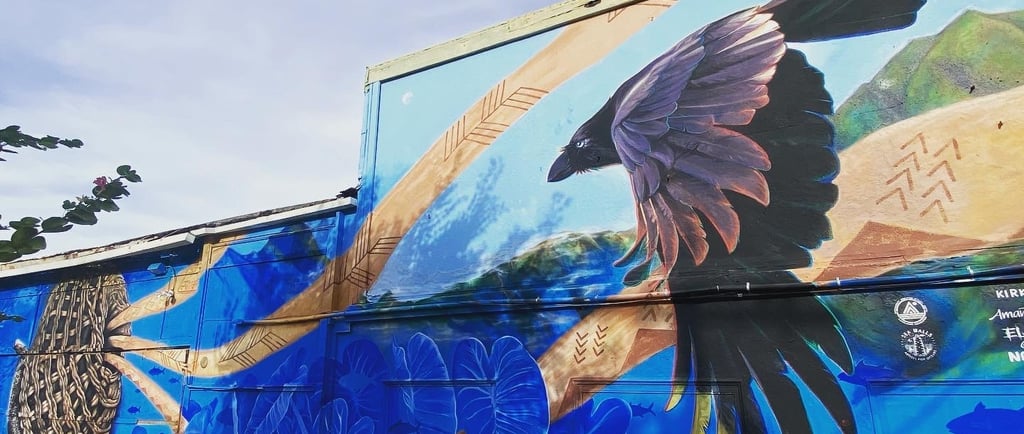Becoming Invisible
I revisit the memory not just to recount what happened, but to explore what it means to carry a secret that was never mine to hold.
PROSE I
JKE
8/8/20253 min read


I was just ten years old, but every instinct in me knew something was wrong. My body buzzed with electricity, like an alarm was going off inside me. I stood frozen, looking up at my father. His hands rested firmly on my narrow shoulders, anchoring me—not just physically, but emotionally, as if he needed to make sure I was really present, that I understood the gravity of what he was about to say.
He met my gaze. “You have to understand, Jenny,” he said, carefully choosing his words. “She’s just so young. You understand, don’t you?”
I nodded.
That small gesture—that silent agreement—would stay with me. I didn’t speak. I couldn’t. A lump was rising in my throat, tears stinging at the corners of my eyes. But I held them back. I needed to be strong—for him. I gave him what he wanted: reassurance. “Don’t worry, Dad. I understand.”
But the truth was, I didn’t. Not in the way he needed me to. What he was really asking for wasn’t understanding—it was silence. He wanted me to disappear from his life in plain sight. To erase my existence so he could keep building a perfect new life with his beautiful, younger wife. A life where I didn’t belong. Where the truth of me—of who I was and how I came to be—was too messy to fit the image he wanted to preserve.
That moment marked me. At ten, I wouldn’t have known how deeply it would embed itself in my psyche, but it would echo throughout my life. It became a silent rhythm, playing on repeat. I found myself drawn to men who, like him, were charming and full of promise. I ignored the warning signs, choosing instead to believe in potential. Again and again, I watched those “promising” men unravel—and somehow, I ended up carrying the weight of their undoing.
Eventually, I left my husband. I walked away—just me, a mother of four. I didn’t just carry the pain of a broken marriage; I carried something heavier. A cultural shame I couldn’t quite name. I felt as though I had failed not only my family but my lineage. My immigrant grandparents had crossed oceans and let go of everything familiar in search of a better future. What right did I have to falter?
But somewhere in that unraveling, something began to root. A quiet awakening. I started to see that maybe love—real love—wasn’t about erasing parts of yourself to belong. To seek meaning in the complexity of being human.
That’s where the healing started—not in a dramatic confrontation, but in quiet, uncertain moments. To be honest, I didn’t face it all fully. Not then. I gave myself reasons, rationalizations, ways to keep moving without feeling the full weight of it. I told myself stories to survive. And I only faced what I could, one layer at a time.
Even now, I’m still uncovering parts of it. Still sitting with pieces I thought I had already made peace with. Still learning how to hold both the tenderness and the betrayal without shutting down.
And yet, here I am—offering you this story, not because it’s neatly wrapped up, but because it matters. Because it shaped me. Because it still echoes.
It’s the story of a girl growing up, walking unknowingly through emotional landmines, learning to trust her own steps, even when the ground shook beneath her.
This is my story. Not always factual, no—because memory moves like water, changing shape each time we touch it. But it is true in the way that all things we survive are true.
And now, I lay it down, not to end it—but to begin again. So where do I begin...?
